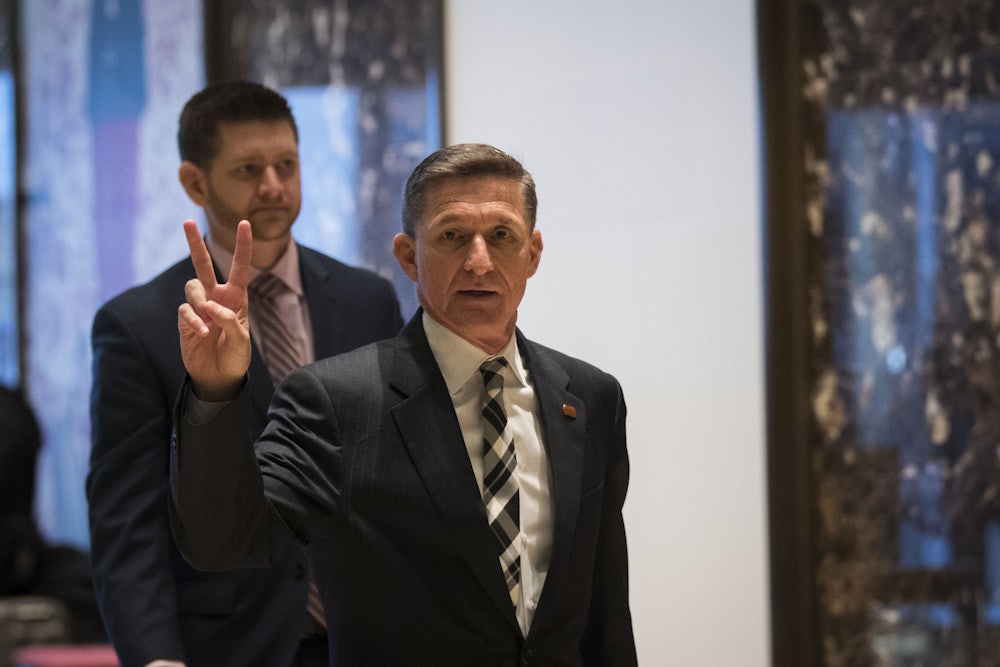Donald Trump and those closest to him have repeatedly insisted that there was no such collusion during the 2016 election. It could easily be argued that direct collusion was unnecessary—Trump publicly encouraged Russian hacks and gleefully disseminated information that came from them, making active collusion unnecessary. But it’s no surprise that Trump and his team have taken the allegation so seriously. Evidence that members of the campaign were in contact with a foreign government that was intent on influencing the election would be borderline treasonous.
On Thursday evening, The Wall Street Journal published a story that could be the first step in establishing that there was some collusion between Russian intelligence and members of the Trump campaign. According to the Journal, Peter Smith, a longtime Republican operative, attempted to acquire the 33,000 “missing” emails from Hillary Clinton’s email server and reached out to hackers in an effort to get them. Smith, who died in May, implied that he was working with Michael Flynn, and “assembled a group of technology experts, lawyers, and a Russian-speaking investigator” to locate the emails.
“We knew the people who had these were probably around the Russian government,” Smith said. The Journal also reports that U.S. intelligence intercepted conversations between Russian hackers who were discussing how to get Clinton’s emails and then send them to Flynn via an intermediary, possibly Smith.
There are lots of unanswered questions in this story, the biggest being why Russia would choose Smith, seemingly a nonentity, as an intermediary in its attempt to influence the U.S. election. But this story puts cracks in two important narratives. The first is that Smith suggests he knew that some of the hackers were working with the Russian government, which contradicts one possible defense: that Trump campaign officials were interacting with cutouts and weren’t aware of their connection to Moscow.
The second, which is much more important, is that if Smith is telling the truth and that he and Flynn were working directly with hackers they suspected of working with the Russian government, then that blows up Trump’s claim that there was no collusion between his campaign and Russia. A Trump campaign official tried to preemptively spin this, telling the Journal that any coordination with Flynn “would have been in his capacity as a private individual.” But that only shows how weak Trump’s defense is if this story is true.
